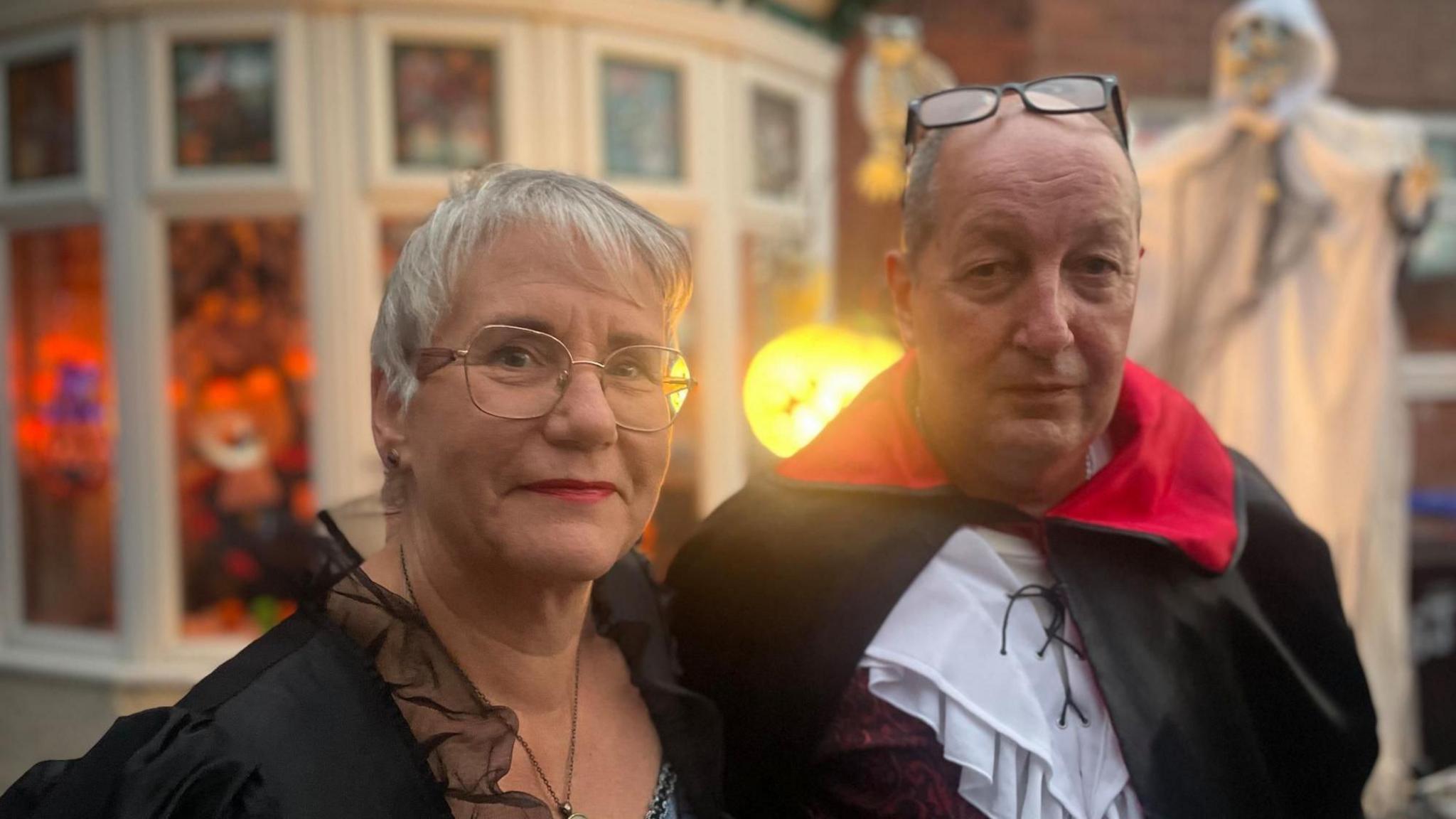Lost 'caking' tradition to be brought back to life
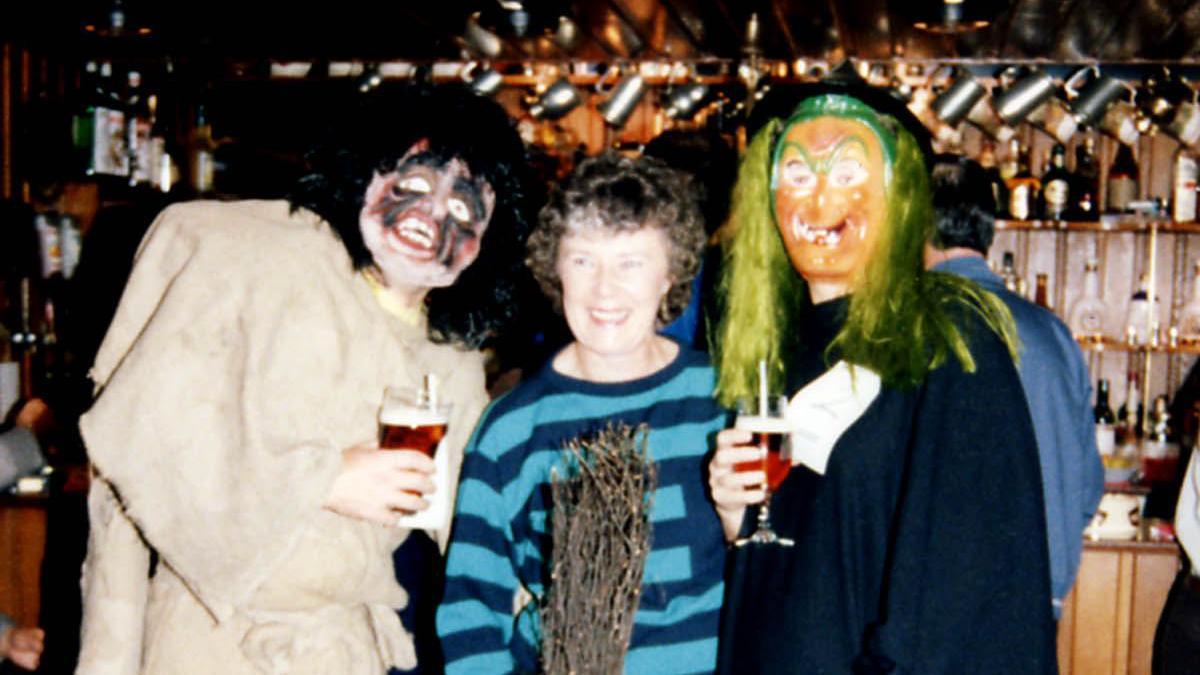
The caking tradition involves people dressing up and asking others to guess who they are
- Published
An almost forgotten autumn tradition, known as Caking Night, is to be revived in Sheffield for the first time in years.
According to folklorist, writer and musician Richard Bradley, the tradition used to see children and adults dress up every 1 November and asking people for "cakes and coppers".
However, Mr Bradley, part of a group bringing back Caking Night at a pub in the city on Saturday, said it faded into history in the 1980s as children instead started trick or treating, which is an American import.
Mr Bradley explained: "Kids would go door to door dressed up, so it's very similar to trick or treating - and then the adults would wear these bizarre, kind of creepy, fancy dress costumes."
"They used to shout or say, 'cake, cake, copper, copper' instead of 'trick or treat'," Mr Bradley said.
The Crown and Glove pub in Stannington would play host to the revived Caking Night event on Saturday, he added.
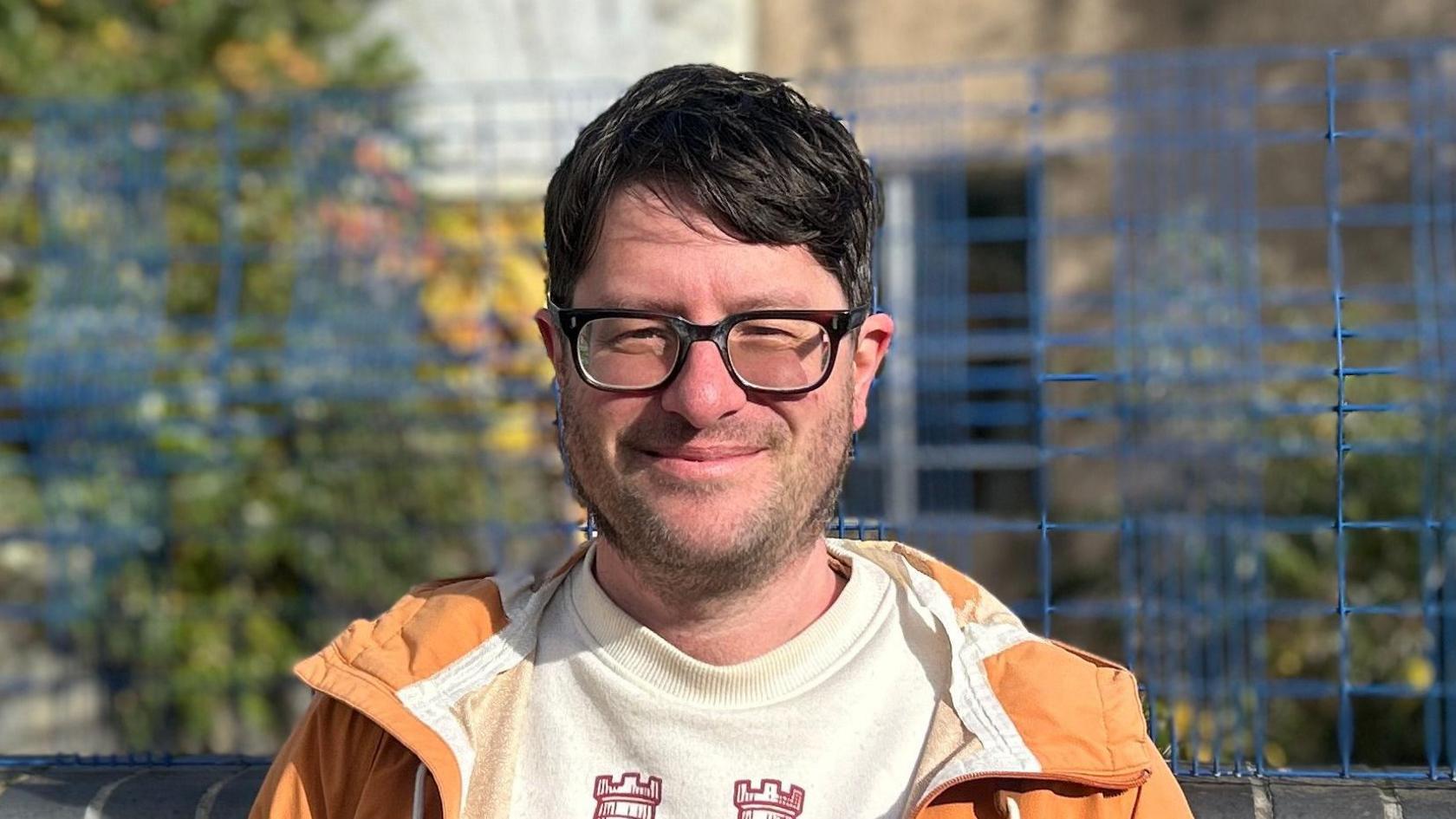
Richard Bradley is a writer, musician and folklorist who wants to bring back caking
According to Mr Bradley, caking was once practised around the rural fringes of north west Sheffield, in places like Dunworth, Stannington, Loxley, Oughtibridge, Worrall, Deepcar and Stocksbridge.
A similar practice was also believed to have taken place in Cheshire, where "soul cakers" would dress up and go performing in pubs.
Mr Bradley said: "Across cultures, this time of year is when a lot of people thought you were closest to your dead ancestors.
"So, in Celtic pagan times there's a festival, the Dio de las Mortes, the Day of the Dead - that's the same time of year.
"In this country before Christianity, we had pagan Celtic religions and there was a festival called Samhain which sort of mutated into Halloween.
"People who practise paganism will have like a Samhain altar and they'll put photos of their dead relatives on it.
"It is a creepy time of year and it's all about being frightened, shocked and horrified."
Speaking to BBC Radio Sheffield, Chris, from Hillsborough, who is in his 80s, said he remembered caking from his childhood.
"I grew up in Deepcar and we used to do it and we sang that song," he said.
"I've heard people talking about lots of things to do on Halloween and I thought caking had just disappeared altogether and nobody remembered it at all.
"Some people gave you a penny or a halfpenny - and some people would tell you to get lost."
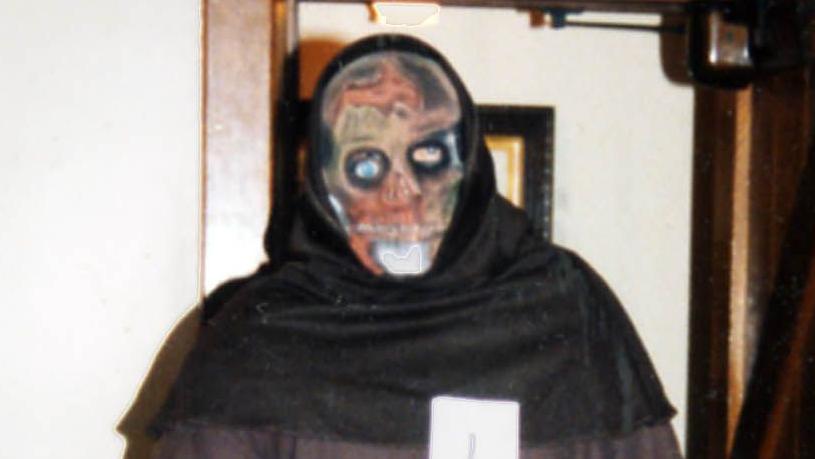
People dressed up for Caking Night at the Crown & Glove pub in Stannington in 1989
Dan Eaton, a teacher at Loxley Primary, said he was also encouraging the children at his school to learn about an associated tradition after other teachers said they remembered taking part in their own childhoods.
Mr Eaton said: "At Halloween we've talked about this idea of caking and then realised there's a lot to it.
"There's a real groundswell of people around here that remember it and really look fondly on it.
"In Sheffield up to the 1800s, there used to be something called a Tharf Cake and that's like a cross between a flapjack and a parkin.
"I found a recipe from the 18th Century for it in an old history book and tried it. It's absolutely amazing."
Mr Eaton said students in his Year Five class had made Tharf Cakes for the school.
"Each class is going to come to our classroom door and sing the Loxley version of the caking rhyme to get themselves a Tharf Cake," he explained.
"Then they can eat and enjoy. It's just about trying to bring it forward for another generation."
Mystery of Sheffield's "Caking" tradition
Get in touch
Tell us which stories we should cover in Yorkshire
Listen to highlights from South Yorkshire on BBC Sounds, catch up with the latest episode of Look North
Related topics
Related stories
- Published24 October
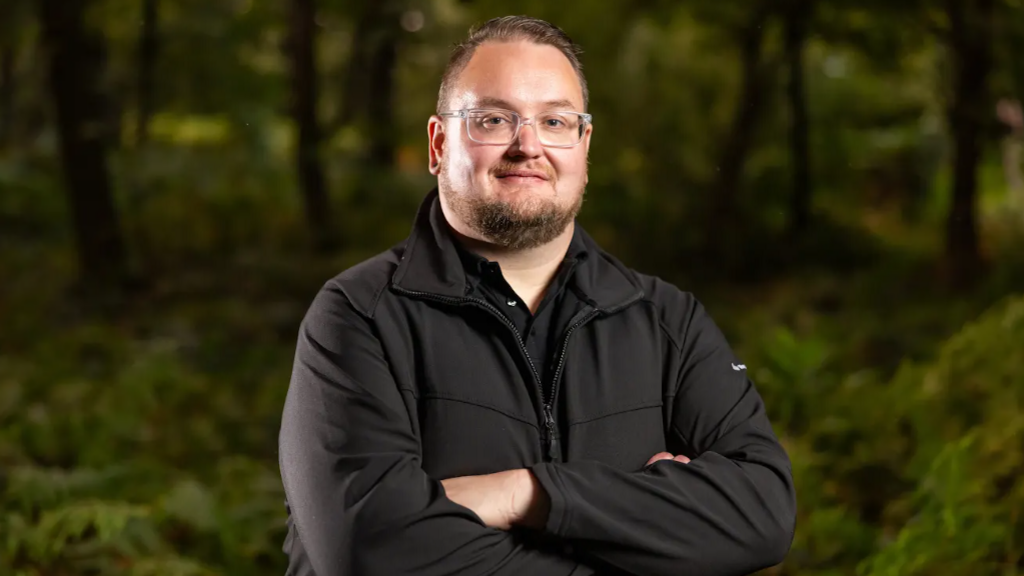
- Published29 October
